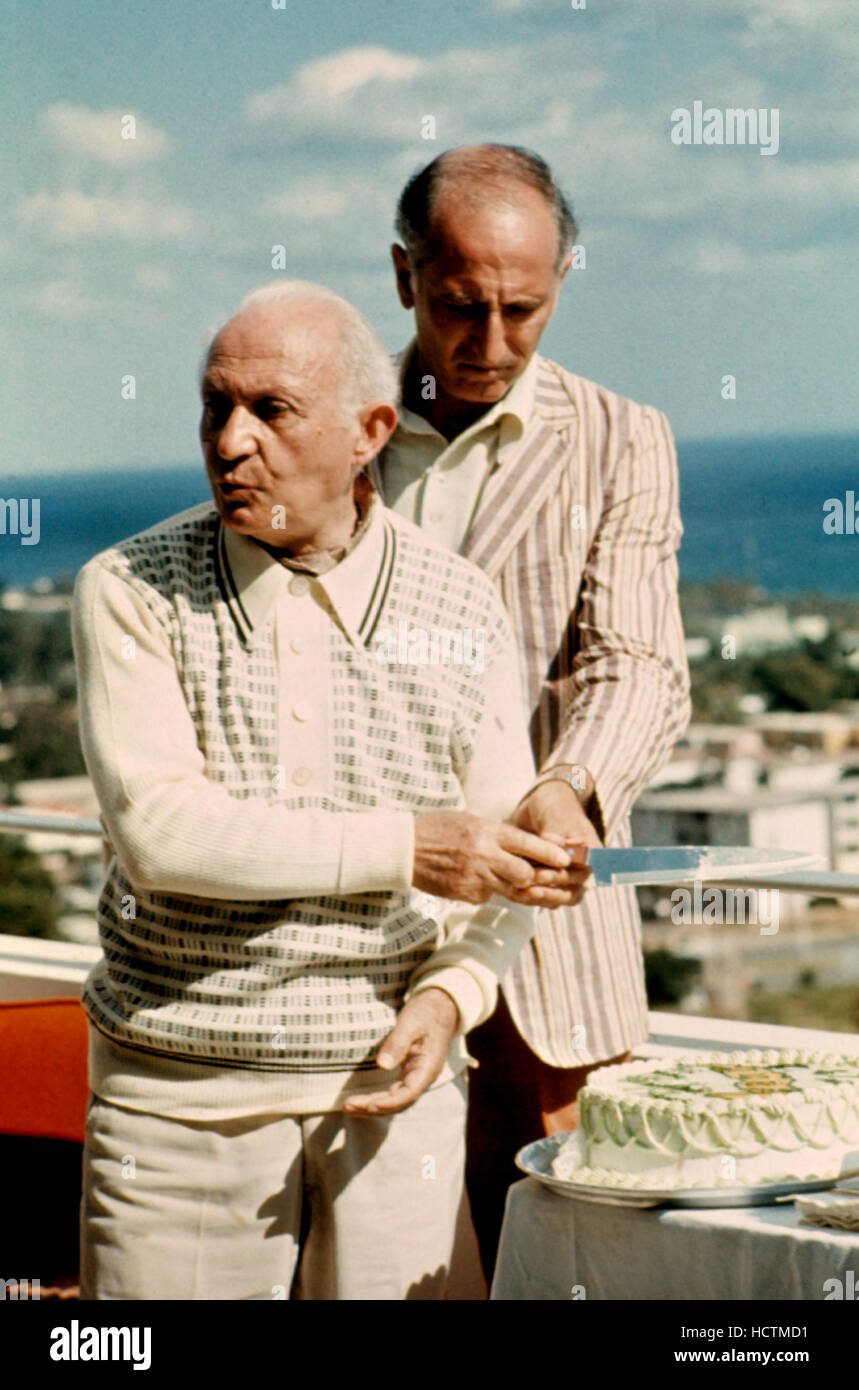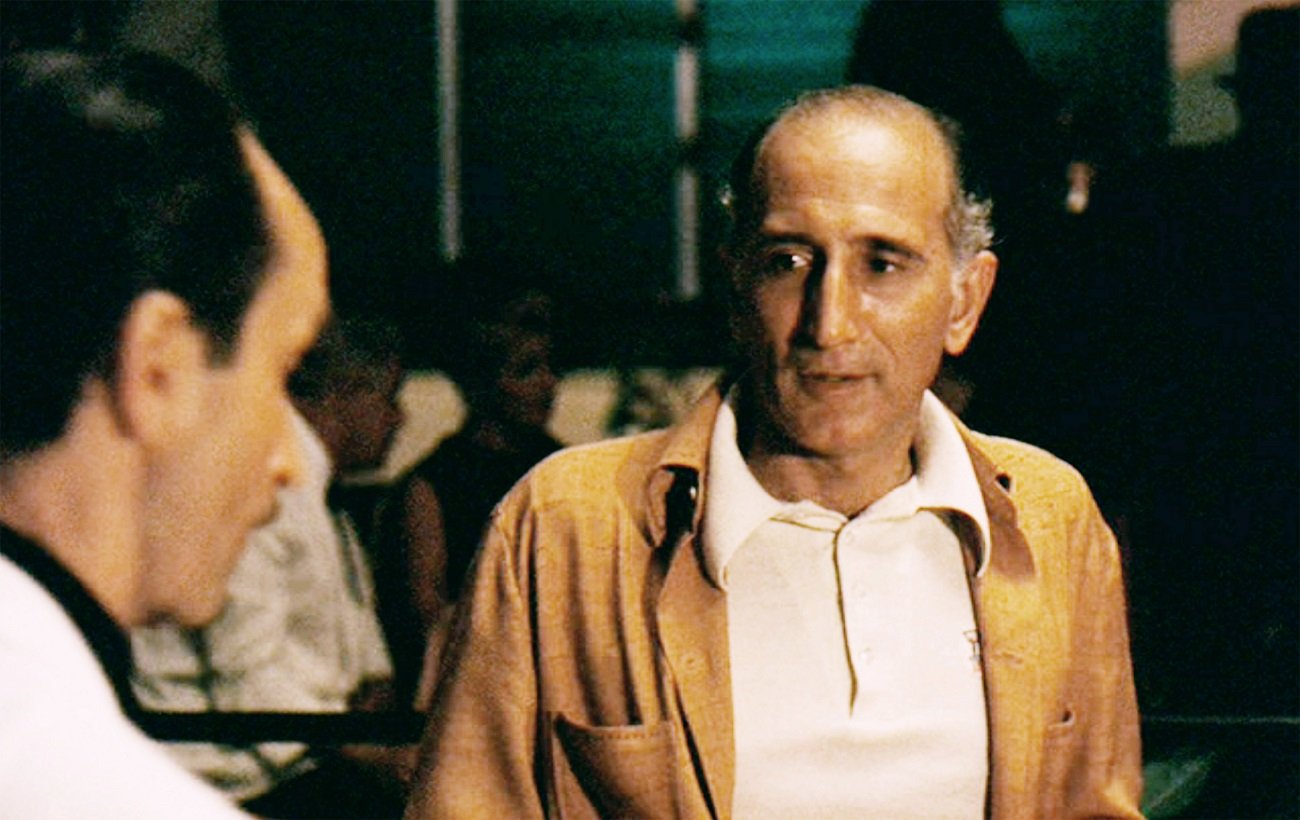Discover Dominic Chianese: Actor & Musician
What defines a truly captivating performance? Dominic Chianese's career, spanning decades and encompassing both stage and screen, offers a compelling answer: authenticity, depth, and a relentless pursuit of the craft. From the gritty streets of 1970s cinema to the complex family dynamics of television's golden age, Chianese has etched unforgettable characters into our collective memory.
Born in the Bronx in 1931, Chianeses journey was far from preordained. His early life was grounded in the practicalities of bricklaying, a trade passed down through his family of stonemasons. Yet, a simmering passion for performance burned within him, leading him to night school where he pursued a degree in speech and theatre. This dual existence, balancing the physical demands of construction with the intellectual and emotional rigors of acting, would become a defining characteristic of his career. It fostered a deep understanding of the human condition, a quality that would later resonate in his portrayals of complex, often flawed, characters.
| Bio Data & Personal Information | Career & Professional Information |
|---|---|
| Born: February 24, 1931, Bronx, New York | Occupation: Actor, Singer, Musician |
| Family: Italian-American descent, family of stonemasons | Known for: The Godfather Part II (Johnny Ola), The Sopranos (Corrado "Junior" Soprano), Boardwalk Empire (Leander Cephas Whitlock) |
| Early Career: Bricklayer, studied speech and theatre at night school | Decades-long career in theatre, film, and television |
| Notable Collaborations: Al Pacino, Francis Ford Coppola | |
| IMDb Profile |
Chianeses path to Hollywood was not a meteoric rise. He toiled in the theater for two decades, honing his skills and building a reputation for his powerful stage presence. This dedication to his craft led him to decline a role in the original Godfather film, a decision driven by his commitment to a stage production. While it might seem a missed opportunity in hindsight, it speaks volumes about his artistic integrity. He prioritized the present moment, the work at hand, over the allure of the silver screen. This unwavering commitment to his art, this willingness to forgo immediate gratification for long-term growth, ultimately shaped the trajectory of his career.
The 1970s marked a turning point. A chance encounter and subsequent collaborations with Al Pacino opened doors to the world of cinema. His striking resemblance to Hyman Roth's real-life counterpart, Meyer Lansky, secured him the role of Johnny Ola in The Godfather Part II. He imbued Ola with a quiet menace, a chilling counterpoint to the Corleone familys volatile drama. This performance, nuanced and layered, caught the attention of critics and audiences alike, firmly establishing Chianese as a force to be reckoned with.
While The Godfather Part II brought him recognition, it was his portrayal of Corrado Junior Soprano in HBO's The Sopranos that cemented his place in television history. Junior, a complex mix of ambition, vulnerability, and fading power, became a touchstone character in the series. Chianeses performance was nothing short of masterful. He captured the nuances of aging, the struggle to maintain control in a changing world, and the poignant realities of familial bonds. His portrayal resonated deeply with audiences, earning him critical acclaim and a Primetime Emmy Award nomination.
Beyond these iconic roles, Chianese continued to work steadily, gracing both the large and small screens. He took on the role of Leander Cephas Whitlock in Boardwalk Empire, adding another layer to his impressive repertoire. His nearly sixty acting credits are a testament to his versatility and enduring passion for his craft. From tough guys to tender patriarchs, Chianese embraced each role with a depth and authenticity that made them uniquely his own.
Dominic Chianese's story is one of dedication, resilience, and the transformative power of art. His journey, from the Bronx brickyards to the bright lights of Hollywood, is a testament to the power of pursuing ones passion. Its a story that reminds us that true artistry lies not in the pursuit of fame, but in the unwavering commitment to the craft, the willingness to embrace the complexities of the human experience, and the courage to bring those complexities to life on stage and screen. And that, perhaps, is the most captivating performance of all.


